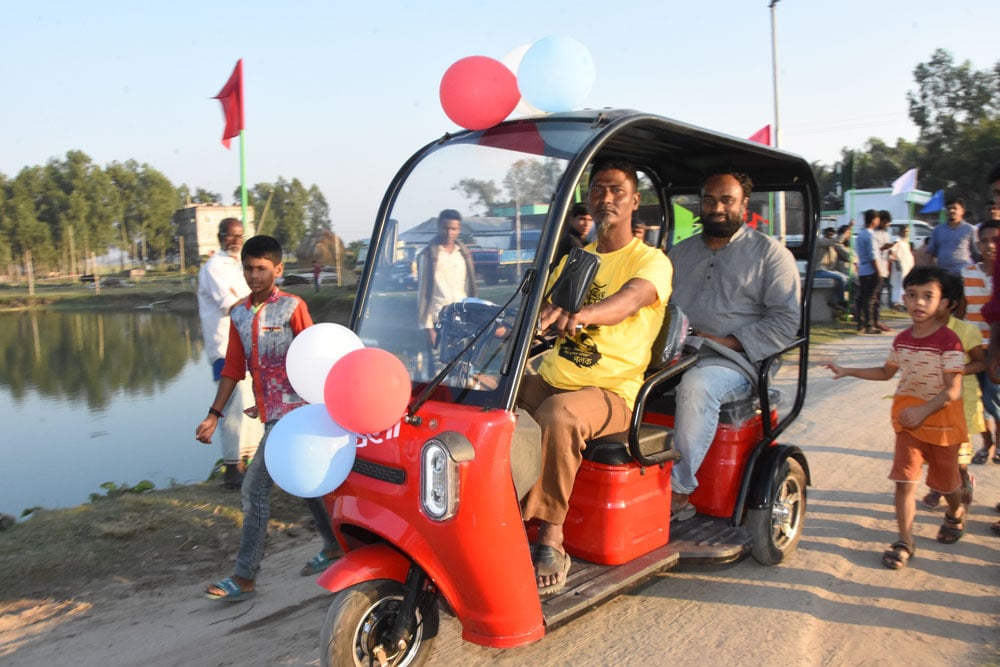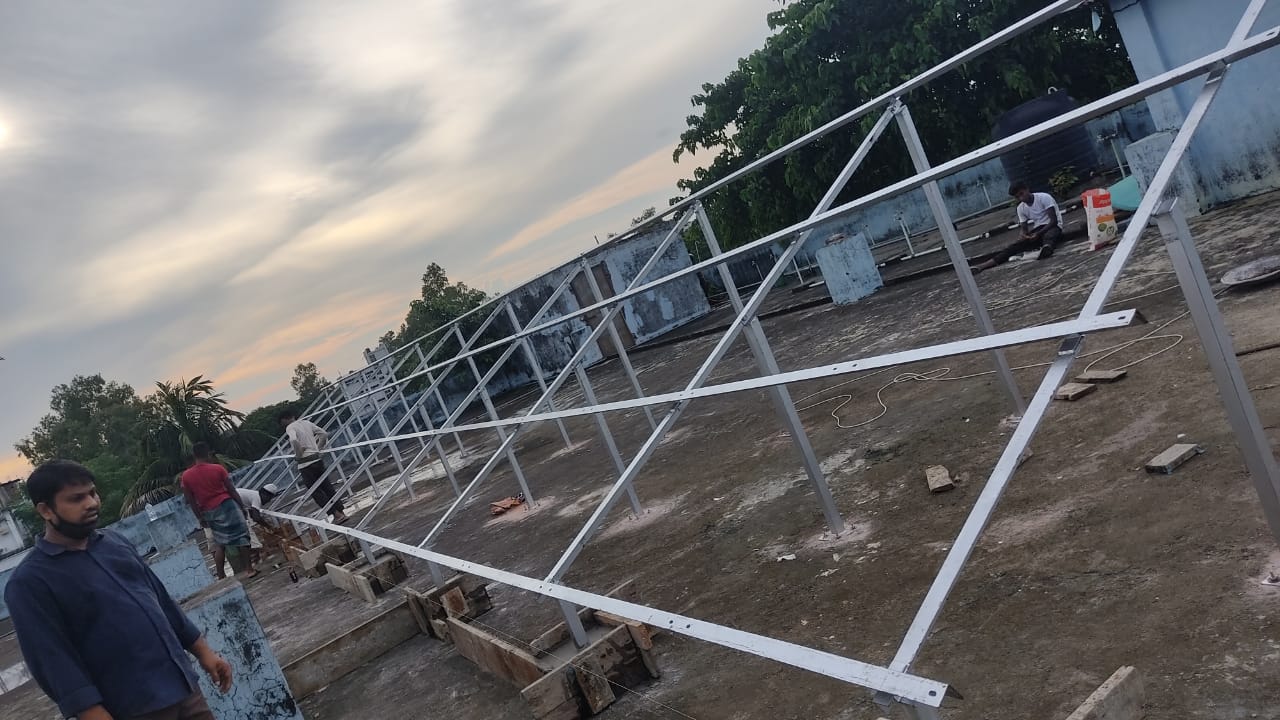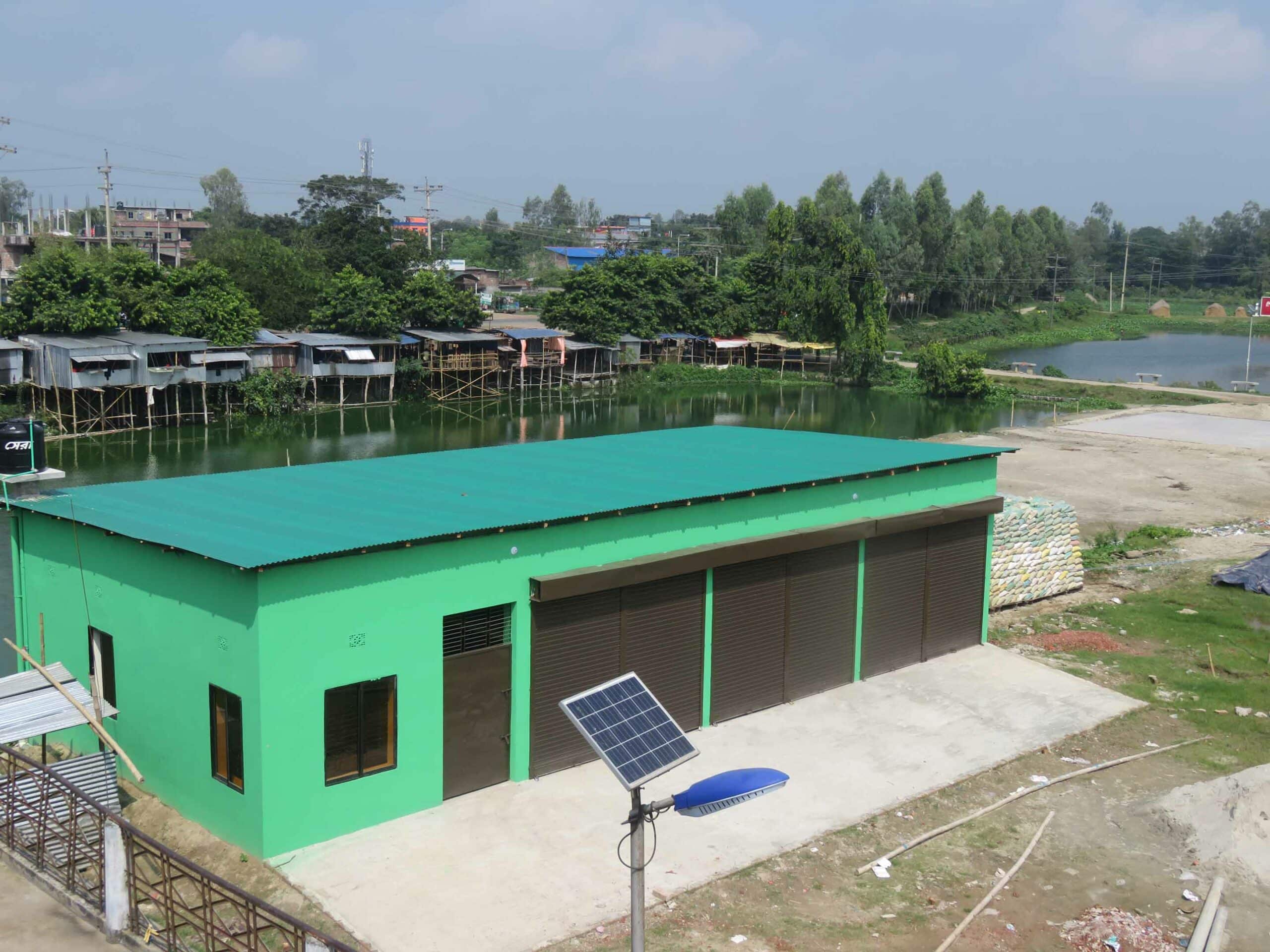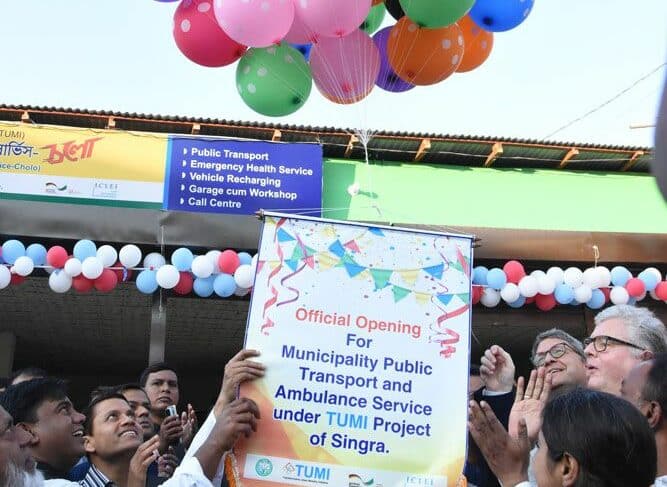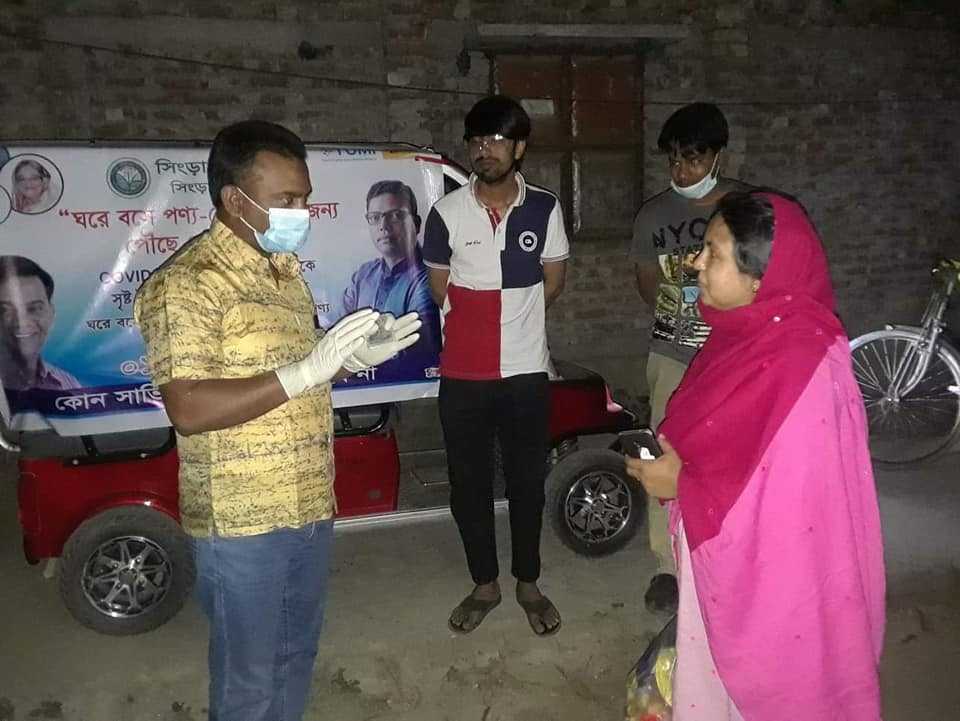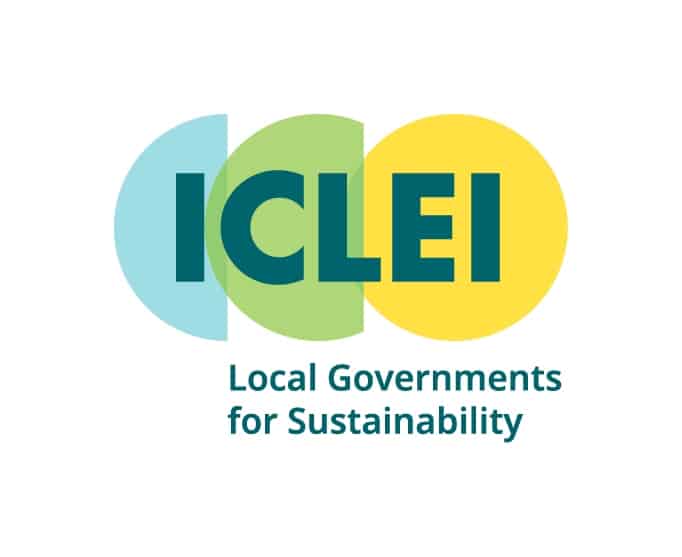When public transport was discontinued nationwide, the city continued necessary services with the E-Rikshaws introduced during the TUMI Challenge. The vehicles were used to make 70-80 deliveries of daily necessities and food to the needy every day, several times a month (medical) awareness is raised in all parts of the city through loudspeaker announcements from the vehicles, and Corona patients, medical staff and during the lockdown Corona tests and samples can be transported. At the same time, these services have secured the jobs of the drivers.
The expansion of formal public transport is essential to ensure resilience. For example, formal public transport can continue to operate during a lockdown and, unlike the informal transport sector, is safer and more reliable. In addition, measures such as disinfection, maintaining distance by limiting the number of passengers, and the targeted connection of specific locations to the public transport system are only possible through a strengthened and publicly operated transport system.
